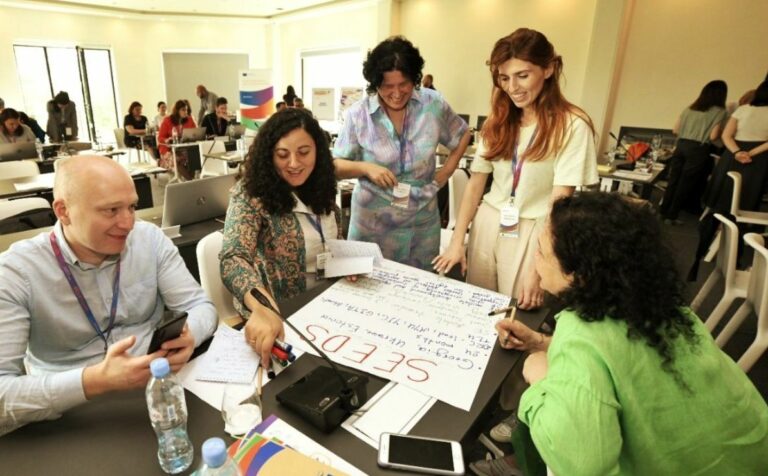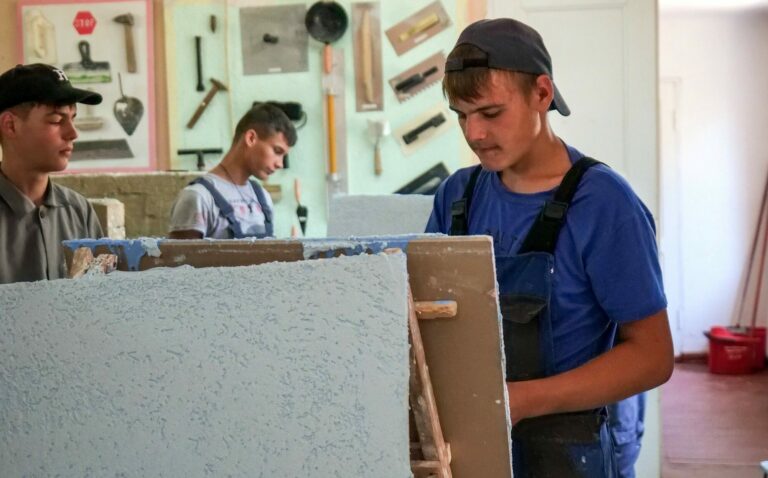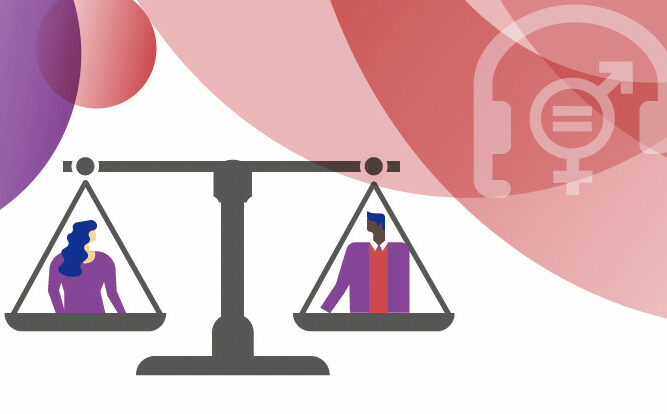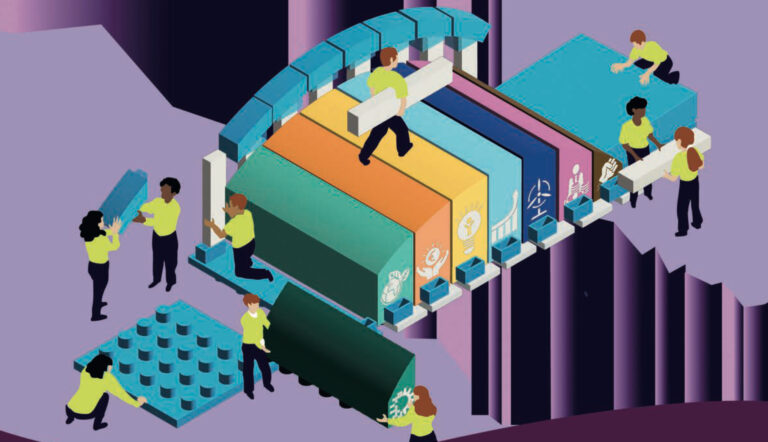
The economic cost of gender inequalities in the Republic of Moldova
Gender inequality is one of the main challenges for sustainable and equitable economic growth. Gender inequalities arise due to cultural factors, prejudices and lack of economic incentives. Reducing and eradicating gaps is both an objective from the point of view of ensuring equity and from the point of view of harnessing the economic potential of women. For this reason, the aspect of achieving gender equality and empowering all women and girls is included as one of the objectives of the 2030 Agenda for global development. The ultimate goal of the Agenda is to eradicate the gaps by 2030 and ensure the equal participation of women in the economic and political spheres.
The purpose of this report is to estimate the economic costs caused by gender inequalities in the Republic of Moldova and to identify a set of strategic recommendations. The report will estimate the latest developments related to gender inequities in the Republic of Moldova, especially through the lens of changes in demographic statistics and the labor market. Based on these developments, the economic costs of gender inequities are calculated, taking into account the methodological approaches already applied at the international level. One of the public policies that would reduce gender inequalities is the development of the institutional and legal framework related to the reconciliation of family life and professional obligations. Good international practices and the specifics of the Republic of Moldova are analyzed along the way to identify potential areas of intervention by public authorities. A separate emphasis is placed on the analysis of pre-school education and the potential costs of its expansion in the Republic of Moldova, with the aim of identifying to what extent the implementation of this public policy is feasible. Finally, the report formulates a set of recommendations that would lead to the reduction of gender inequalities and the economic costs generated by them.
Women’s Law Center, Independent Analytical Center “Expert-Group”, October 2020
Download
MOST READ
RELATED

EU4Culture: Practical online course on successful grant proposal writing

EU4Youth Newsletter: Welcome to the EU4Youth Stakeholder Hub!

EU4Youth develops Youth Wiki reports on Youth Employment and Employability

EU4Gender Equality Reform Helpdesk’s support (2021-2024) for Moldova

SME Policy Index: Eastern Partner Countries 2024 – Building Resilience in Challenging Times
More campaign pages:
Interested in the latest news and opportunities?
This website is managed by the EU-funded Regional Communication Programme for the Eastern Neighbourhood ('EU NEIGHBOURS east’), which complements and supports the communication of the Delegations of the European Union in the Eastern partner countries, and works under the guidance of the European Commission’s Directorate-General for Neighbourhood Policy and Enlargement Negotiations, and the European External Action Service. EU NEIGHBOURS east is implemented by a GOPA PACE-led consortium. It is part of the larger Neighbourhood Communication Programme (2020-2024) for the EU's Eastern and Southern Neighbourhood, which also includes 'EU NEIGHBOURS south’ project that runs the EU Neighbours portal.

The information on this site is subject to a Disclaimer and Protection of personal data. © European Union,







